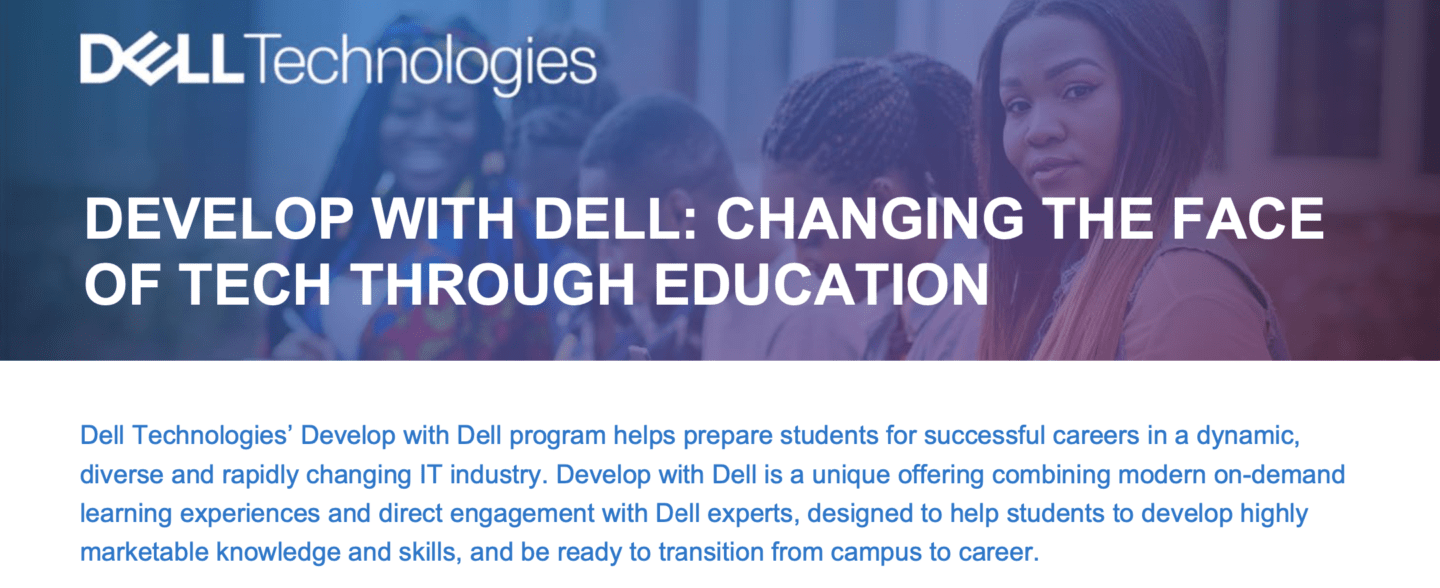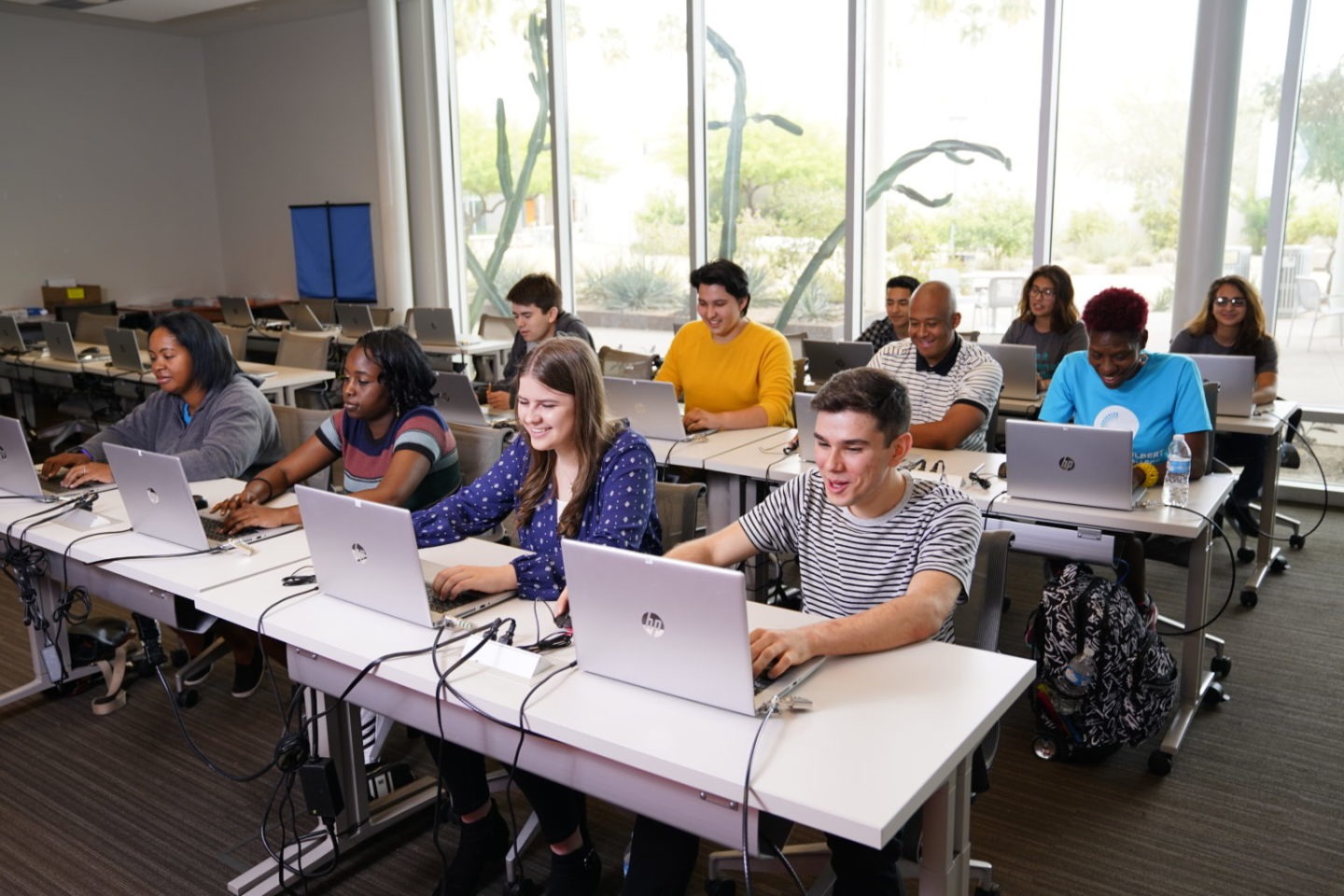Juniper Networks is collaborating with a range of charitable organizations to provoke change in the world through a diverse set of interests. Juniper is investing in STEM education initiatives to empower girls and underprivileged youth populations in local schools. Juniper has partnered with several organizations to help advance these efforts, including Girlstart, Hidden Genius Project, and Project Learn.
Additionally, Juniper has put forth robust relief efforts in response to natural disasters to help communities rebuild and revitalize. Since 2015, the company has donated more than $1 million to support relief efforts worldwide. Juniper also emphasizes the importance of volunteering to help support the communities it’s connected to. That’s why every full-time employee is entitled to five paid working days a year that can be spent volunteering for a cause they’re passionate about. Through Juniper’s Matching Gift Program, the company matches donations up to $1000 per year, per employee.
“From STEM education to disaster relief and community volunteering, we partner with charitable organizations whose values align with ours to power connections and empower change in the world.”
You can read more about Juniper Network’s work here.

